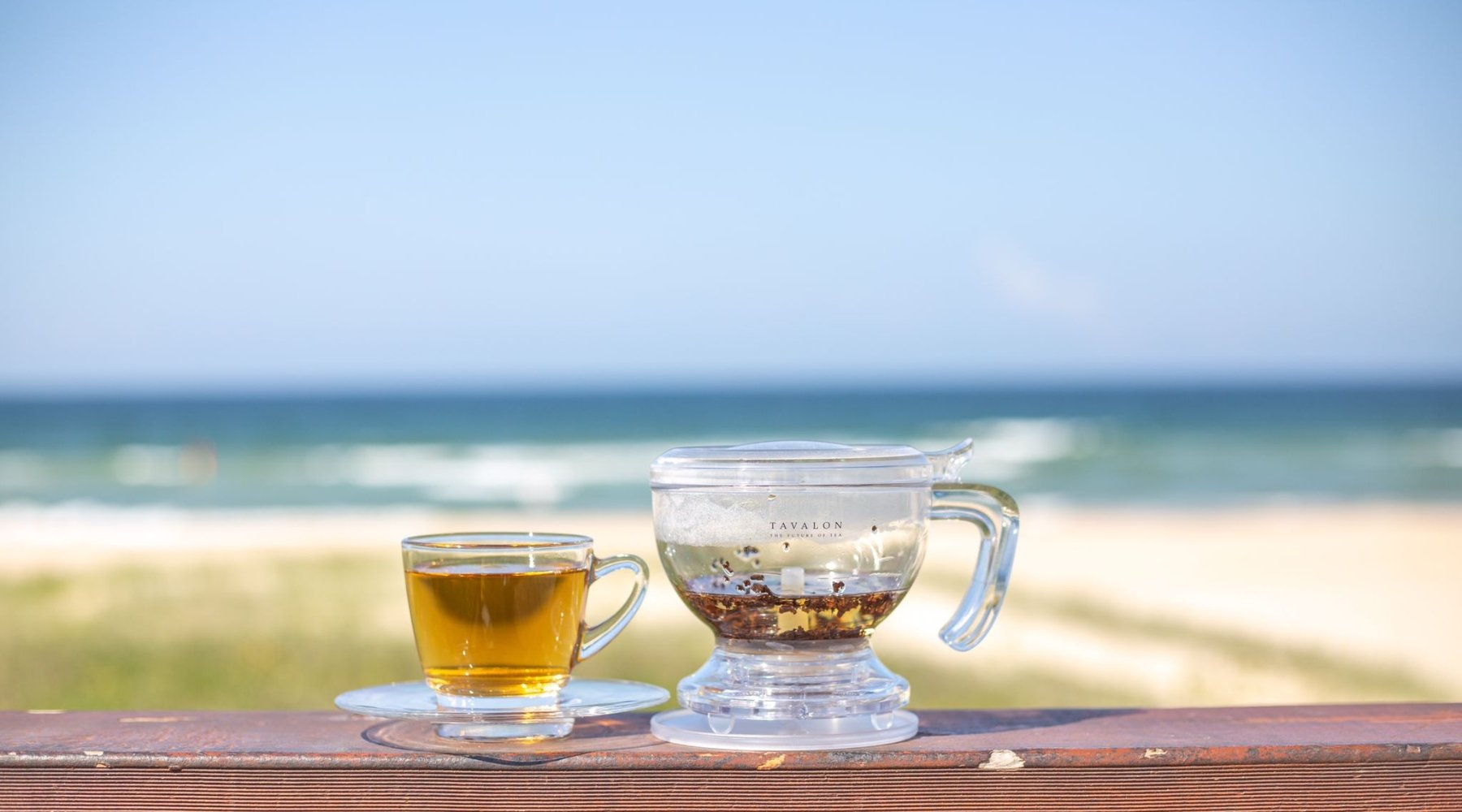
Improving the Taste of Tea: The Role of Water Quality in Brewing Perfect Tea
What’s really involved in brewing a perfect cup of tea with an enhanced taste? Obviously, tea as the main ingredient and steeping time! But in addition to these two critical factors, the quality of water plays a significant role. Just like with coffee, tea lovers deserve the best when it comes to their hot beverages. And, you should do all it takes to improve the taste of tea offerings at your venue. So, whether you run a cafe, spa, high tea place or similar hospitality venues where tea is served, it's time to prioritise delivering high-quality tea experiences to your customers, which involves enhancing the water used in the brewing process.
Why the Taste of Tea Matters
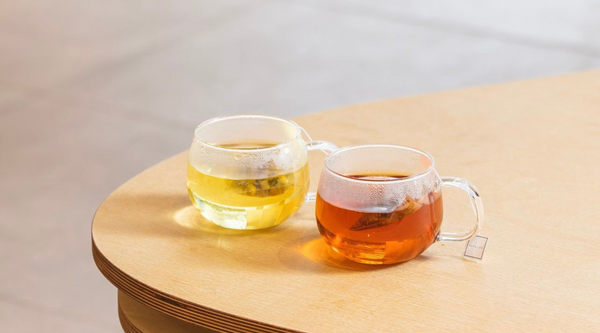
Tea enthusiasts appreciate the taste of quality tea, regardless of whether it's green tea, black tea, white tea, herbal tea, matcha, oolong, rooibos, or pu-erh. Many venues such as cafes and spas offer the opportunity to enjoy tea in unique ways, such as serving loose leaf tea in a pot, which adds to the overall experience.
Even the choice of teapot material can influence the taste, as different materials have varying heat properties and might release unwanted flavours. When customers visit a cafe, restaurant or high tea place for tea, they expect the taste to exceed what they can achieve at home.
Why the Taste of Water Matters
While tea leaves are the primary ingredient in the brew, water plays a crucial role in tea preparation. In Australia, tap water undergoes treatment to meet national standards. However, during its journey, water can pick up impurities and heavy metals that affect its taste, odour, and mouthfeel. While some elements make the water more acidic, others give an earthy aftertaste. These minor imperfections can have a noticeable impact on the overall flavour of the tea. To improve the taste of tea as much as possible, it is essential to perform taste tests on the water to identify any subtle flavours present.
Improving the Taste of Tea with Water Filters
To address concerns about water taste and ensure the best-tasting tea, hospitality venues – cafes, spas, high tea places, restaurants, etc. – can turn to water filtration systems. Filtered water is the optimal solution for enhancing the tea experience for both venue owners and their customers. Water filters, like those offered by BRITA, effectively remove impurities, including chlorine, which can affect the taste of tea; our taste buds and taste receptors pick up the flavours of such impurities.
Quick Guide to Improving the Taste of Different Types of Tea
Tea is a diverse beverage with a wide range of flavours and characteristics. Whether you're serving green tea, black tea, white tea, herbal tea, or any other type of tea, there are ways to enhance and optimise their taste profiles. Here are a few tips on improving the taste of different types of tea:
Green Tea
Green tea is known for its fresh, vegetal flavours. To enhance its taste, pay attention to water temperature and steeping time. Green tea is best brewed with water that is around 80°C. Steep it too long and it will result in a bitter taste, so aim for a steeping time of 2-3 minutes. Experiment with shorter steeping times or lower water temperatures to find the perfect balance of flavours.
Black Tea
Black tea features bold and robust flavours. To bring out its true, rich taste, use freshly boiled water with a temperature of around 100°C. Steep the tea for 3-5 minutes, but make sure not to oversteep, as it can result in a bitter or repulsive flavour. Adding a touch of milk or a slice of lemon can also complement the flavours of black tea and provide a delightful twist.
White Tea
White tea offers delicate and subtle flavours. To achieve the best taste possible, use water at a lower temperature, around 80°C, to avoid overpowering the delicate flavours. Steep white tea for 2-3 minutes, but feel free to adjust the steeping time to suit your preferences. Allow the tea leaves ample space to unfurl during steeping, as this helps to extract the flavours more effectively.
Herbal Tea
Herbal teas feature a wide range of flavours, from floral and fruity to earthy and soothing. The key to enhancing their taste is to let the ingredients shine. Use water that is around 100°C and steep the herbal tea for 5-7 minutes, allowing the flavours to fully release and unfold. Feel free to experiment with longer steeping times if you desire a stronger infusion.
Specialty Teas
Specialty teas such as oolong, matcha, rooibos, and pu-erh have distinct flavour profiles that require specific brewing techniques. Oolong teas benefit from water temperatures around 88-93°C and steeping times ranging from 3-5 minutes, depending on the specific oolong variety. Matcha, a powdered green tea, is prepared by whisking it with hot water to create a frothy infusion. Rooibos and pu-erh teas have unique brewing requirements, so it's best to follow the specific instructions provided for each type.
In addition to these general guidelines, remember that personal preferences may vary. Feel free to experiment with different steeping times, water temperatures, and even tea-to-water ratios to find the perfect balance of flavours that best suit your customers’ palate. Remember to use high-quality teas, such as those offered by Tavalon, and filtered water to ensure a pure and enjoyable tea experience. With attention to detail and a sense of exploration, you can unlock the full potential of each type of tea and offer your customers a truly exceptional tea-drinking experience.
Improving the Taste of Tea at Your Hospitality Venue with Tavalon Tea
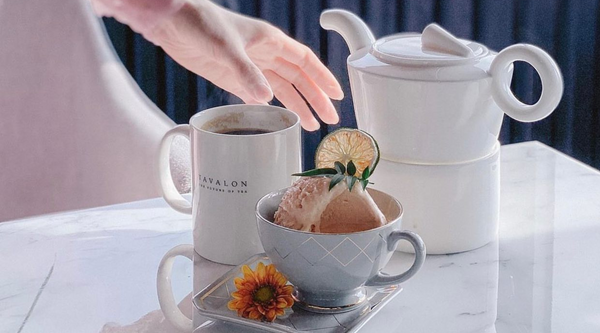
Tavalon is a renowned tea brand dedicated to sourcing only the highest quality, sustainably farmed tea ingredients. Our commitment to choosing unique teas with a distinct profile aligns perfectly with the goal of delivering a superior tea experience at hospitality venues.
Tavalon's tea sommelier travels the globe to seek out the best tea growers, establishing direct relationships with the people who make it all happen right at the source. By understanding and deeply appreciating the growers' relationship with their soil, we ensure the quality of life for their producers and their communities while providing high-quality tea for consumers.
Blending Excellence at Tavalon
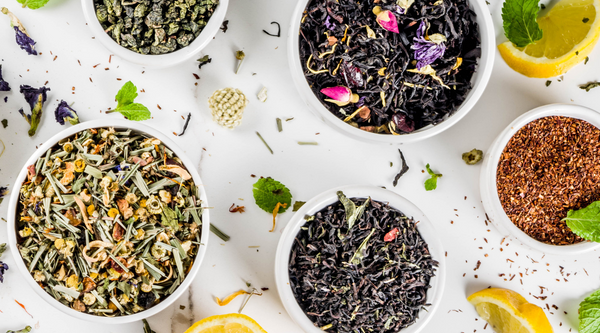
One of the hallmarks of Tavalon Tea is our meticulous blending process. All of Tavalon's loose leaf teas and ingredients are hand-selected and blended by our own tea sommelier. Our focus is on using premium whole leaves and avoiding lower-quality "dust" and "fanning" leaves. This commitment to using only the finest ingredients results in Tavalon teas offering a supreme taste and quality that sets us apart from other teas on the market.
Tea Brewing Tips and Recommendations
To fully appreciate the quality of Tavalon teas and optimise the brewing process, you can follow a few key recommendations. Using filtered water, such as the one provided by BRITA, ensures that the water's purity and taste do not interfere with the tea's flavours. In addition, you can explore different brewing techniques, such as precise temperature control and steeping times, to bring out the unique characteristics of each Tavalon tea blend.
When serving tea at hospitality venues, it's crucial to consider the role of water quality in enhancing the overall tea experience. Just as coffee lovers appreciate the importance of high-quality water, tea enthusiasts deserve the same level of attention. By using filtered water and incorporating premium tea ranges such as those by Tavalon, you can elevate your tea offerings and provide customers with an exceptional and memorable tea experience. Prioritising water quality and selecting highest-quality, exquisite teas can make all the difference in satisfying the palates of tea lovers who seek out the perfect cuppa outside their homes.
If you're a hospitality venue and would like to learn more, please visit our wholesale page.


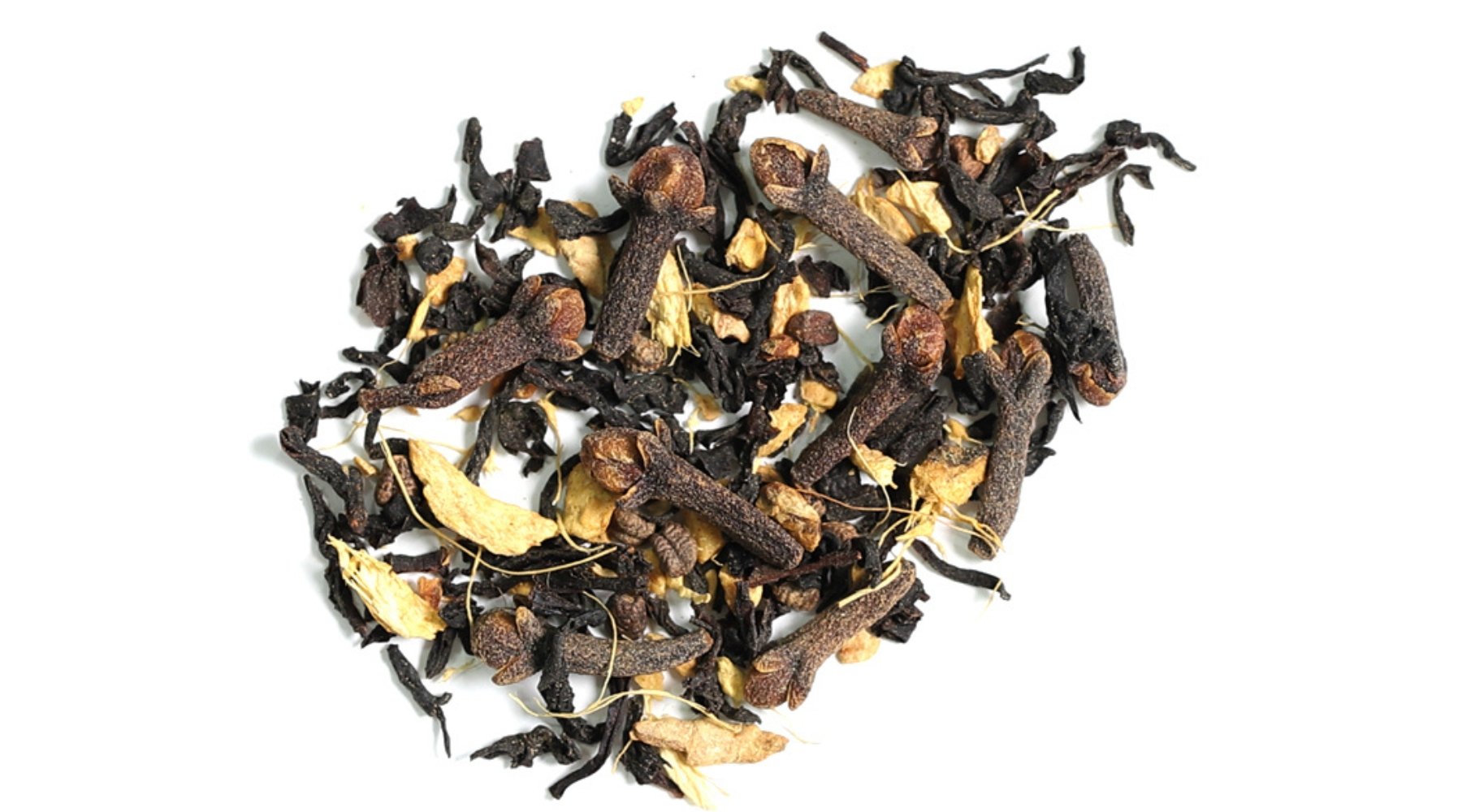
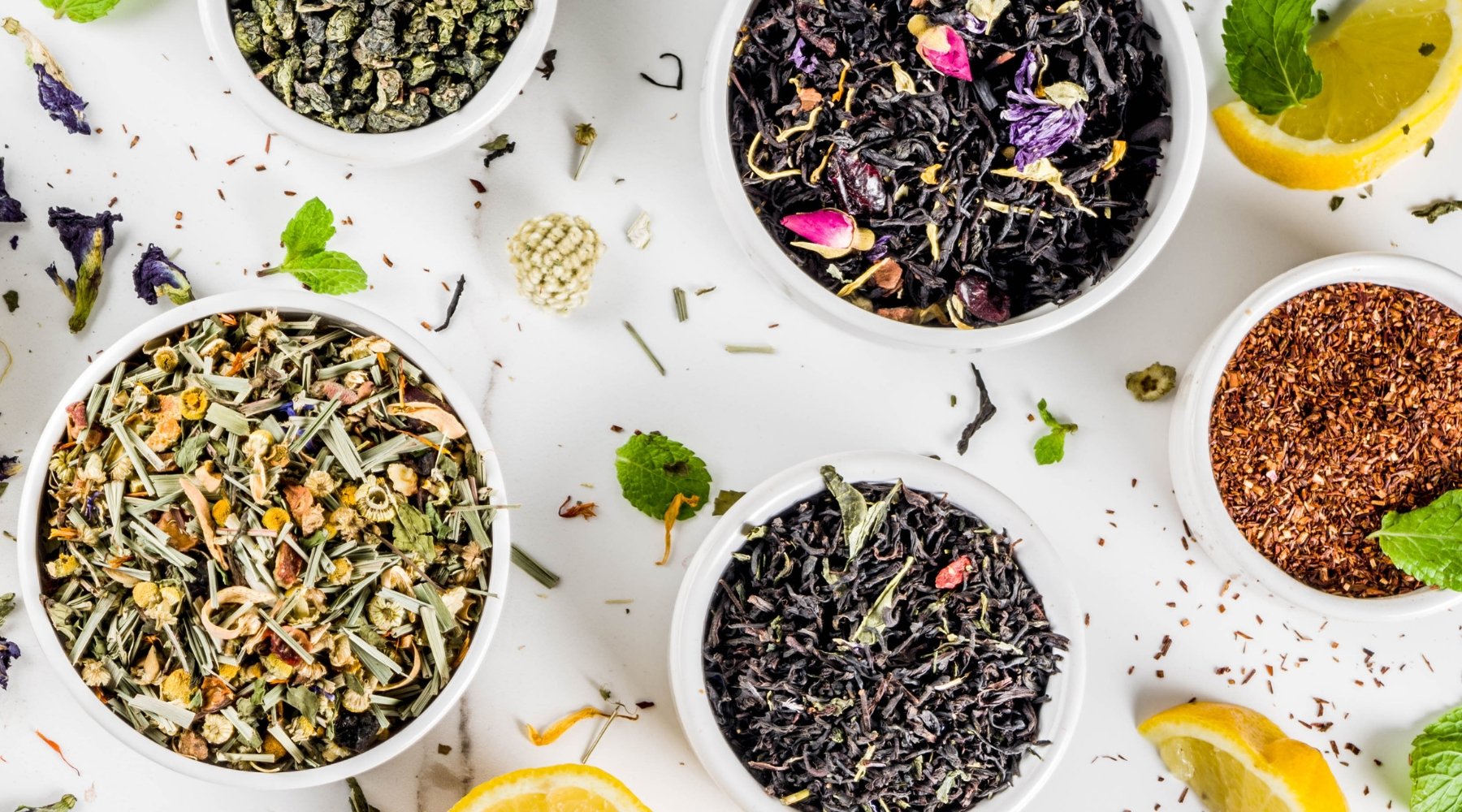
Leave a comment
This site is protected by hCaptcha and the hCaptcha Privacy Policy and Terms of Service apply.